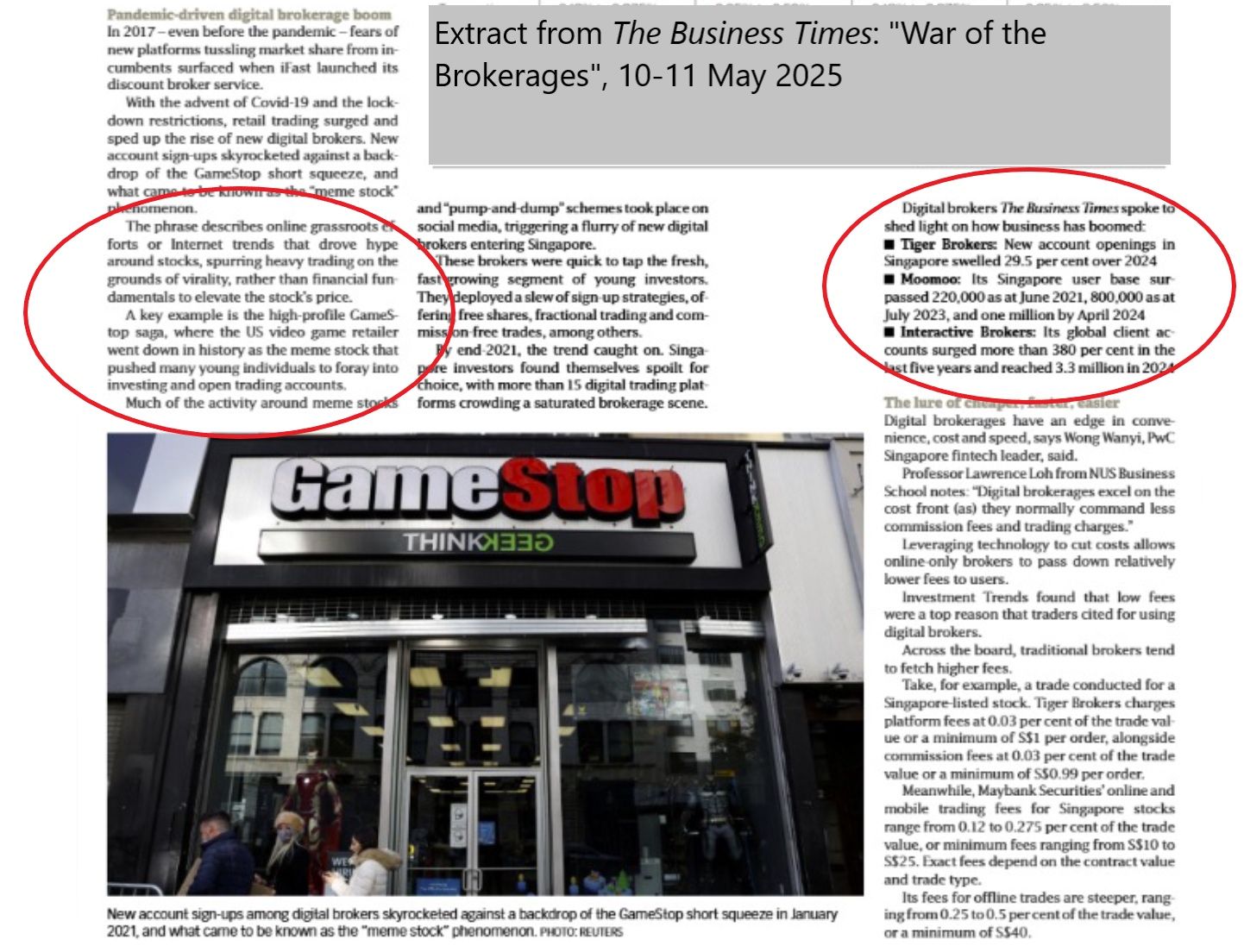Note: It was announced in November 2023 that MoneyOwl will be acquired by Temasek Trust to serve communities under a re-purposed model, and will move away from direct sale of financial products. The article is retained with original information relevant as at the date of the article only, and any mention of products or promotions is retained for reference purposes only.
______________
Ever wondered how you can better manage your money as a young working adult in Singapore?
Find out more from Chuin Ting Weber, CEO & CIO of MoneyOwl, as she dishes out tips on how young Singaporeans can balance between enjoying the present and planning for their financial future. Check out the podcast below:
For a quick summary, refer to the infographic below:

When you’re young, retirement seems like something that you don’t need to think about. After all, there are so many things you want to try and do. When we are young, the world is our oyster, and we are full of dreams.
However, it’s precise because of these dreams that I believe it’s important for everyone to start building their financial foundations. A solid foundation gives you more options for the things you want to do with greater ease of mind – for example, getting married, buying a house, or even taking some time off work to volunteer. It’s also important to guard against any unexpected curveballs that life might throw you.
Here are three steps to get you started on your financial planning journey:
1. Check your financial health
Just like physical health, good financial health starts with cultivating good habits. One important habit to start with? Pay yourself first. Whenever you receive your salary, you should always apportion a sum out for savings before paying your bills and other expenditure. The reason is so that you can build an emergency fund of at least 6 months’ worth of your expenses.
This emergency fund is necessary in case you find yourself suddenly out of job or if something unexpected happens. This way, you can have peace of mind that you can cover your living expenses for at least six months. Another aspect of having good financial health is not to over-extend yourself in terms of loans or debt (more details below).
2. Get adequate insurance coverage
While there may seem to be many things you need to protect against, there are two major events you definitely need coverage for – large medical bills and the loss of income.
At MoneyOwl, we are a strong advocate of low-cost term insurance. For most people, term insurance suffices and is the best way to buy all the protection you need while paying as little as you can. The great thing for young people is that insurance can be very affordable.
We have a Young Working Adult Bundle, which encompasses:
- Shield Plan – covers hospitalisation bills
- Critical illness cover
- Term life insurance – Coverage of about S$1 million for less than S$140/month for 25-year-old.
3. Build your financial knowledge
Even as you work on building your savings and getting yourself insured, you can also think longer-term about how you can make your money work harder for you, for example, through investments. While you may not be prepared to invest just yet, you should continue to build up your knowledge so that when you’re ready, you can do it right without getting confused about all the information out there.
Once you’ve gotten the basics sorted, you can also start thinking longer term, such as how CPF fits into your overall financial plan.
Integrating CPF into your financial plan
MoneyOwl integrates CPF and other national schemes when delivering financial advice. Why? Think about it – besides our own contribution, our employers also contribute another 17% and on top of that, CPF Board pays very good interest at virtually no risk. I think it is important for Singaporeans both young and old, to understand that CPF is the foundation of our retirement plan and must be properly analysed and incorporated into it.
CPF can also be used for a few other purposes – to cover medical expenses with MediSave, to pay for your housing from the CPF Ordinary Account (OA), and to invest part of your CPF OA and Special Account (SA). However, I believe CPF is meant primarily for our own retirement and its main role is to provide us with a reliable retirement basic income in our golden years. As such, we should be prudent in the use of CPF.
Be prudent with your CPF
a. Don’t invest your CPF SA savings
You get up to 5% p.a. interest on it, which is very good. It is risk-free, beats inflation and there’s really no need to try to risk it or anything else.
b. Don’t overextend yourself with property
Don’t overextend yourself and buy too big or too expensive a property. You can consider using part cash for your monthly housing payments because you should always pay off loans using the lowest interest-bearing account first. The interest from your Ordinary Account is between 2.5% to 3.5% p.a., which is much higher than what you get from cash savings rate.
If your cash flow allows, use part-cash to pay your housing loan. Keeping some money in your CPF OA is a good idea because it gives you an additional safety net. For example, if you find yourself cash-strapped or without a job and still need to continue paying off your mortgage.
Topping up your CPF
In principle, topping up CPF is a very good investment as CPF offers very good interest rates of about up to 4%-5% p.a., risk-free. When this is compounded, it can really help to grow one’s nest egg. However, for young Singaporeans, I would argue that realistically speaking they’re unlikely to have enough or be motivated to top-up their CPF.
In addition, young people who have not yet gotten married or bought a house would need enough liquidity for their property purchase. As this is likely to raise a short-term goal of under five years, I would suggest to not risk these funds by putting it towards investments because markets can go up and down. I would also not recommend transferring the funds and locking them up in the CPF SA. It’s probably more practical to save most of it in low-risk deposits (i.e. Singapore Savings Bonds).
However, after you’ve made the down payment on your house and you’re in a financially healthy place where you’re saving more than what you think you need, one possible suggestion is to put part of your annual bonus (about 10%) towards topping up your CPF SA.
Life goals before financial goals
I’d like to encourage all of us to think of financial planning as something that supports our life goals rather than a set of financial numbers to reach. Money is important but it’s only an enabler at the end of the day.
When we seek to maximise our money, we usually fall into all kinds of traps where we chase the latest investment fads, try to time the market, or invest our CPF SA – things that may create a lot of stress and usually end in regret.
If we focus on sufficiency rather than maximisation, then we can use money as a good enabler and set realistic goals. This way, we live a life where we are satisfied despite not having the maximum because we’ll realise that we don’t need everything when we have secured what is most important to us.
If you’re interested to find out more about Comprehensive Financial Planning, drop us a line at enquiries@dev.moneyowl.com.sg and one of our Client Advisers will be in touch.
This article was first published in March 2020 and was updated in July 2021.




